
Results from a Q-TWiST analysis of the LITESPARK-005 trial showed a trend favoring belzutifan over everolimus for patients with clear cell RCC.

Your AI-Trained Oncology Knowledge Connection!


Results from a Q-TWiST analysis of the LITESPARK-005 trial showed a trend favoring belzutifan over everolimus for patients with clear cell RCC.

Data from the KEYNOTE-B61 trial demonstrate antitumor activity across histologic subtypes, including those with papillary and chromophobe disease.
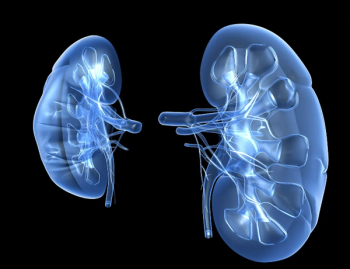
Stereotactic body radiotherapy is less expensive and has demonstrated an improved safety profile vs immunotherapy and tyrosine kinase inhibitors.

Data from a Q-TWiST analysis of the LITESPARK-005 trial provide additional evidence for the use of belzutifan in those with advanced renal cell carcinoma.

A review of patients with metastatic clear cell renal cell carcinoma shows radiological tumor burden as an independent prognostic factor for survival.

A phase 2 trial is assessing ubamatamab in patients with MUC16-expressing SMARCB1-deficient renal medullary carcinoma and epithelioid sarcoma.

Analysis of 2 phase 1 trials compared gut biome diversity between standard of care with or without CBM588 in patients with metastatic renal cell carcinoma.

Experts discuss findings related to liquid biopsy profiling, later-line immunotherapy, and CDK4/6 inhibitor efficacy presented at the 2024 KCRS meeting.

Although no responses were observed in 11 patients receiving abemaciclib monotherapy, combination therapies with abemaciclib may offer clinical benefit.

Findings show no difference in overall survival between various treatments for metastatic RCC previously managed with immunotherapy and TKIs.

“In LITESPARK-005, PFS and response rates favored belzutifan vs everolimus across [several patient subgroups, including] IMDC risk, number of prior lines [of therapy], and number of prior VEGF TKIs, specifically,” said Laurence Albiges, MD, PhD.

“These data support the development of fianlimab plus cemiplimab combination therapy for patients with metastatic ccRCC,” said Miso Kim, MD, PhD.
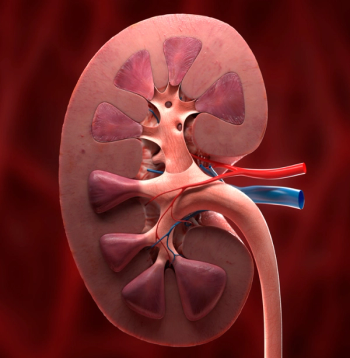
“This is currently the largest pooled safety dataset for a HIF-2α inhibitor we need to be familiar with,” lead study author Toni K. Choueiri, MD.

An epigenomic profiling approach may help pick up the entire tumor burden, thereby assisting with detecting sarcomatoid features in those with RCC.
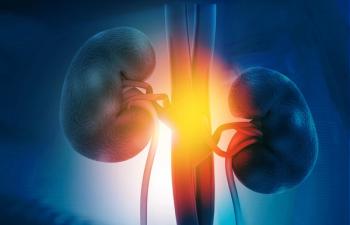
Various immunotherapy/TKI regimens were observed to determine the impact on survival in patients with metastatic renal cell carcinoma.

Collecting and analyzing patient data through an AI tool may help with more accurately predicting outcomes and personalizing treatment.
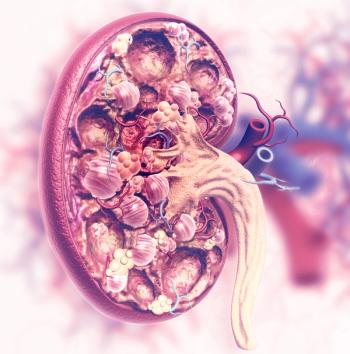
Data from CheckMate 214 show a steady improvement in overall survival with nivolumab/ipilimumab in patients with favorable-risk disease.

Rana R. McKay, MD discusses presentations of interest that were presented at the 2023 Kidney Cancer Research Summit, including a discussion on how PET imaging may identify which patients with renal cell carcinoma may respond to immunotherapy.

A better understanding of tumor biology may be necessary for identifying novel non-immunotherapy–based therapeutic strategies for patients with renal cell carcinoma, according to Rana R. McKay, MD.

Probiotics and other agents targeting fatty acid oxidation are also under evaluation as treatment options for patients with renal cell carcinoma, according to Rana R. McKay, MD.

Other angiogenic agents are also under investigation in renal cell carcinoma, according to Rana McKay, MD, who indicates it will be interesting to see how they compare with belzutifan.

Patients with metastatic renal cell carcinoma, and those who have been pretreated with immune checkpoint inhibitors and are naive, saw a benefit with lenvatinib plus pembrolizumab.

Eddy Saad, MD, explained how responses to immune checkpoint inhibitors can be elicited in patients with metastatic renal cell carcinoma.

The phase 2 ORCHID trial met the respecified end point of Simon stage 1 design for patients with BAP1-mutated renal cell carcinoma.
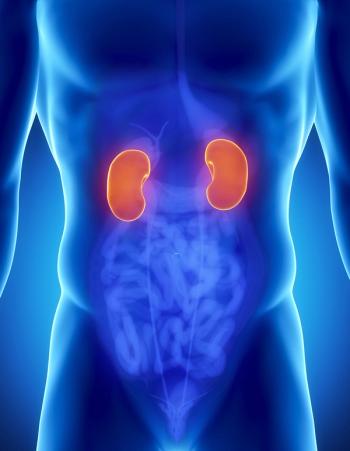
Better biology is needed to accurately determine risk stratification features in patients with clear cell renal cell carcinoma.

Robert J. Motzer, MD, reviews the need for increased studies on the use of immunotherapy in later-line settings for advanced renal cell carcinoma.
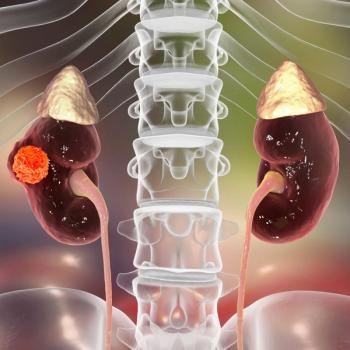
In patients with metastatic renal cell carcinoma, neoadjuvant immunotherapy–based combinations yielded reductions in tumor size and pathologic necrosis at the time of cytoreductive nephrectomy.

Clear cell renal cell carcinoma is driven by a metabolic switch that decreases VHL and increases ATP, according to an expert from Vanderbilt University Medical Center.

Findings from the phase 3 KEYNOTE-564 trial support adjuvant pembrolizumab following nephrectomy as a standard-of-care treatment for patients with clear cell renal cell carcinoma.
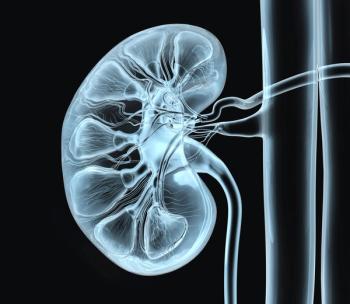
The improvements occur regardless of PD-L1 status among patients receiving lenvatinib plus pembrolizumab for advanced renal cell carcinoma in the phase 3 CLEAR study.